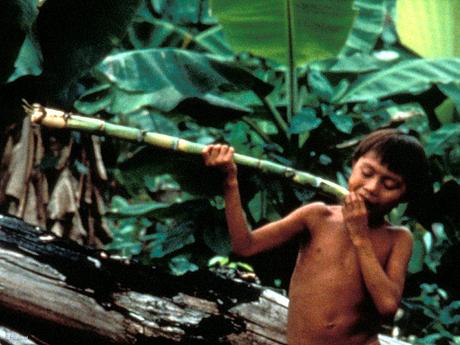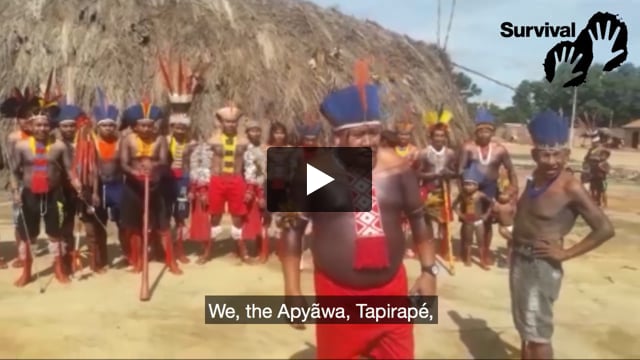Indigenous lands are most important barrier to Amazon deforestation
February 23, 2006
This page was last updated in 2006 and may contain language which is now outdated.
A new report by a team of Brazilian and American scientists shows that Indigenous territories are the most important barrier to Amazonian deforestation.'
Scientists or researchers from seven institutions, including the Woods Hole Research Center in the USA and the Amazonian Institute for Environmental Research in Brazil, used satellite data of the Amazon rainforest gathered between 1997 and 2000. Their report shows that deforestation was 1.7 to 20 times higher outside Indigenous reserves than inside, while forest fires were 4 to 9 times higher outside the reserves.
The report notes that 'Indigenous lands were often created in response to frontier expansion, and many prevented deforestation completely despite high rates of deforestation along their boundaries. The inhibitory effect of Indigenous lands on deforestation was strong after centuries of contact with the national society and was not correlated with Indigenous population density.'




